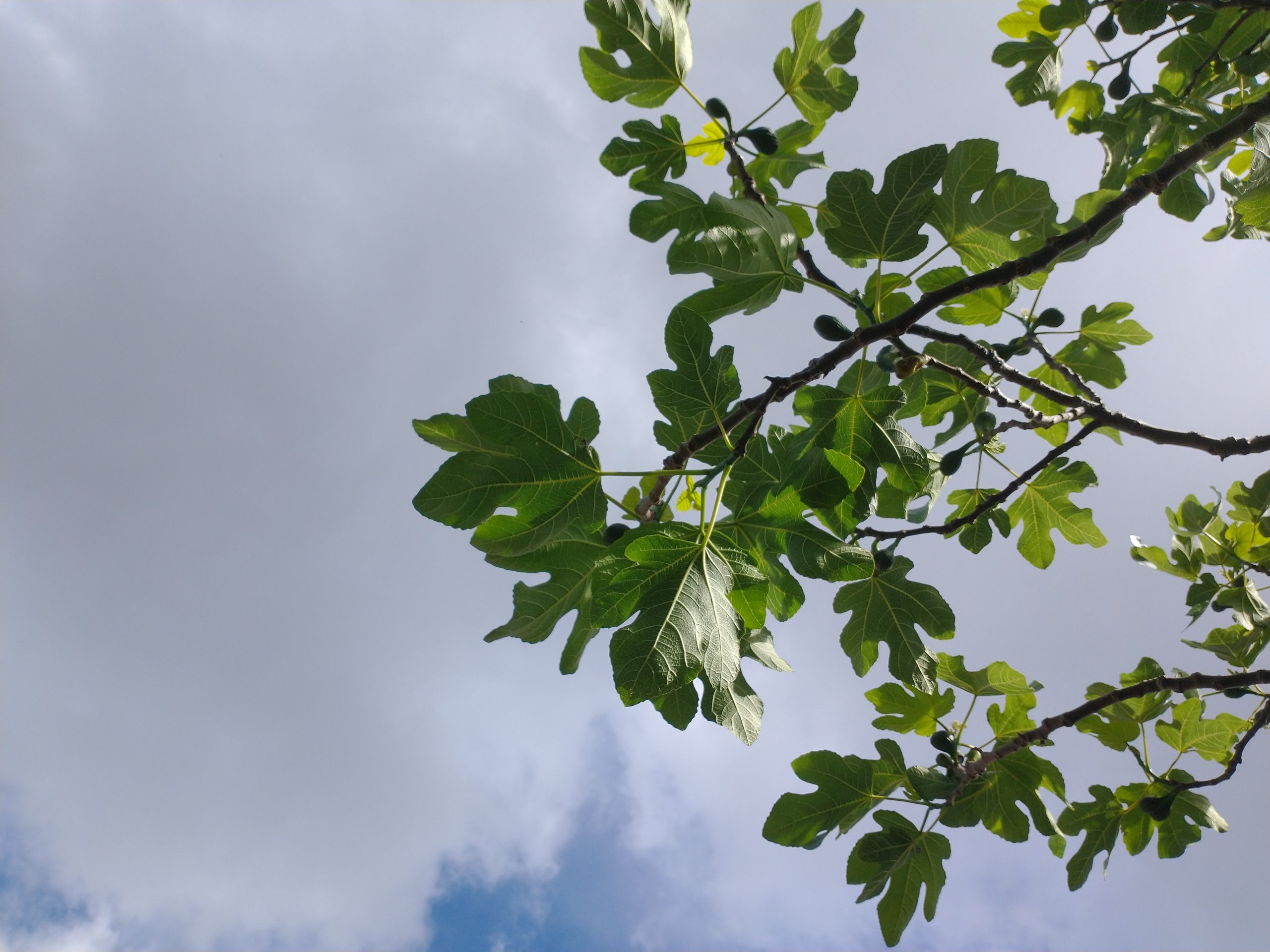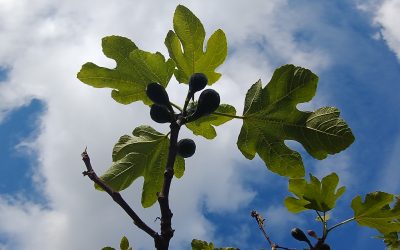 Hearing of the death of renowned theatre director Peter Brook, I went back to my book Beyond the Notes in which I described going to Paris in 1982 to ask his advice about how to keep our chamber music group Domus alive and in good heart despite the many difficulties we were grappling with. His advice was tremendously helpful and sent us back to our task with renewed energy.
Hearing of the death of renowned theatre director Peter Brook, I went back to my book Beyond the Notes in which I described going to Paris in 1982 to ask his advice about how to keep our chamber music group Domus alive and in good heart despite the many difficulties we were grappling with. His advice was tremendously helpful and sent us back to our task with renewed energy.
Looking back through what I’d written then, I was struck by his observations on the difference between the world of music, where typically a concert only happens once, and the world of theatre, where plays generally have ‘runs’ of days, weeks or months.
‘We speak about the stages of development of a performance’, I wrote. ‘Brook constantly uses the analogy of cooking, and says that so many performances are arrested at the stage of preparation, ‘the chopping of the food’. Even if they pass from preparation to development, very few people know how to get the impetus which turns development into fruition. … Brook says that he has always envied music its attitude to each performance as a fresh and unique event, and says that actors could learn from that. But he thinks that musicians could learn from the momentum that develops in a performance given many times, as happens in the theatre.
‘In his experience, he said, when a show goes into performance it has a natural curve; it improves for a while and then starts to go stale. But the improvement part of the curve is much longer than one would imagine; in the case of Carmen [which he was then directing in Paris with three different casts taking turns] each cast has done the show 50 times, making 150 performances, and he says that each cast is still improving and consolidating. We are envious. We never get the chance to perform anything more than a couple of times. … Brook thinks this is a terrible waste of the energy put into rehearsal, and says that from the point of view of performance the work can only ever stay at the ‘preparation’ stage; that it’s a pity to deny the work the chance of gathering speed and finding its own proportions in a long run of performances. He says that he has never heard a classical concert which struck him as having made its peace with its own potential.’ (Beyond the Notes, Boydell Press 2004)
It is still the case that musicians generally only get the chance to perform a programme once. It’s rare to have the chance to repeat a concert, and I have never experienced a long run of performances in the same place. Sometimes indeed one may perform a programme again somewhere else, but perhaps not for a long time, and then it may be with different people, requiring a new rehearsal process. Even on a concert tour, you may be switching programmes, and as each concert is in a different venue, with a different piano, there are many variables which make each concert feel unique.
I am often struck by the mismatch between all the work that goes into preparing for a single concert, and the concert itself which flashes by in a couple of hours, possibly never to be repeated. Brook was right, I think, to say that many classical concerts do not make their peace with their own potential. Why have music and theatre developed so differently?




0 Comments